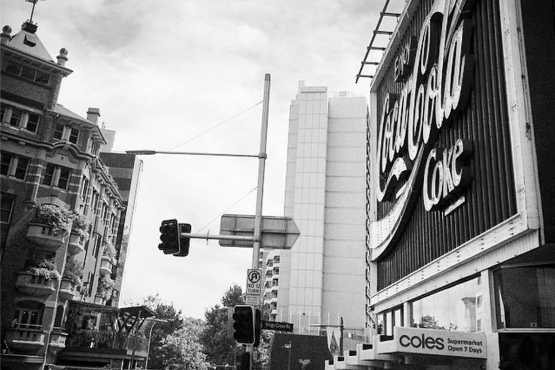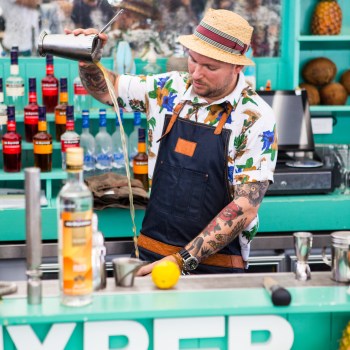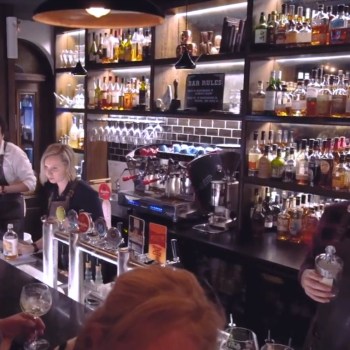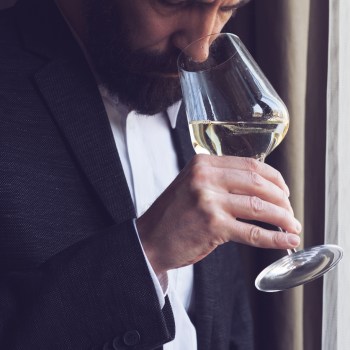By Vanessa Cavasinni, editor Australian Hotelier
In its submission to the Callinan Review of lockout legislation, Solotel, one of Sydney’s largest hospitality groups, has revealed the impact of the lockouts on its Kings Cross Hotel.
Situated in the heart of the Kings Cross Entertainment Precinct, one of two precincts targeted by the 1:30am lockouts, and other measures enacted in the Liquor Amendment Act 2014, Solotel’s submission focuses solely on its most affected hotel, and revealed figures indicative of the consequences the legislation has had on the hotel.
The hotel has seven different bar areas and has a capacity for 1300 people. Prior to the lockout laws, all seven bars were operational on Friday and Saturday nights, and the venue was regularly reaching capacity. Now, four of the bars have been closed permanently, and the average patron number for a Saturday night after 9pm is 400 people, with only 150 people left in the venue at 3am.
In comparing the pre-lockout period of July to December 2013 to the period of July to December 2015 – more than a year after the lockouts were introduced – Solotel has shown that the sales figures are down dramatically, with liquor sales having decreased by 42 per cent, and door takings by 84 per cent.
Staff numbers have reduced from 52 in December 2012 to 33 in December 2015, with a reduction by about one-third in actual working hours available due to lack of trade. External sub-contractors have also been hit with a decrease in work available at the hotel, with roughly 12 fewer security personnel employed at the venue each week, and a drop from 34 DJs playing over seven nights at the end of 2012, to 11 playing over two nights in December 2015. The hotel has also ceased hiring live bands altogether.
In the submission, Solotel also notes that the introduction of the lockout laws has simply displaced patrons from the Kings Cross precinct to other areas, citing increases in liquor sales to its venues the Bank Hotel in Newtown and The Sheaf in Double Bay, which are up 90 per cent and 10 per cent respectively.
Besides the actual lockout time of 1:30am, Solotel also cites ID scanners as unnecessary hindrance to its Kings Cross Hotel business.
“There are a number of concerns in regards to the day to day use of the ID Scanners that have been identified by the venue manager at the Kings Cross Hotel, including:
- Since the time the ID Scanners have been in place, none of the managers at the venue have worked a night when a barred person has tried to gain entry to the venue.
- The venue continually has customers that refuse to give over their identification for privacy reasons and so cannot enter the premises.
- The venue can have up to 10 per cent of their customers turned away on nights due to one person in a large group not having an ID on hand or having the incorrect type of ID, most of which are expired driver’s licenses. Even two years on, people are still coming to the area and have no idea about the requirement for ID. The venue often turns away potential patrons who are in their 40s or above due to them not having any form of identification on them.”
In its submission, Solotel also criticised the State Government’s lack of attention to the problem of increased illicit drug use when it imposed the lockout legislation.
“The Kings Cross area has always had a problem with illicit drugs. Drugs such as ice and steroids can cause rage in individuals. It is ‘low hanging fruit’ to blame alcohol for any increase in violence over the past decade within the Kings Cross area without considering the impacts of drugs on violence.”
The submission also drew attention to the increase in expense and labour in providing OLGR with quarterly alcohol sales data, with no clarity on how that information is being used.
“We do not believe that there is a need to provide alcohol sales data to OLGR on a quarterly basis. The production of this data is another cost to the business. It is unknown what OLGR is doing with this data, especially as the Kings Cross area is the only precinct where this data is being captured.
“We recommend that this condition be withdrawn.”
Solotel also recommended the withdrawal of the 10pm take-away liquor restrictions, and the ID scanner requirement, along with the review of restrictions of certain drinks and glassware in cocktail bars. Its final recommendation was that lockouts and early closures be restricted to venues with a bad record of compliance and alcohol-related violence.
Last year, Solotel’s managing director Bruce Solomon was inducted into the AHA NSW’s Hall of Fame and used his acceptance speech to blast the lockout laws, saying they had destroyed a part of what Sydney was all about.



